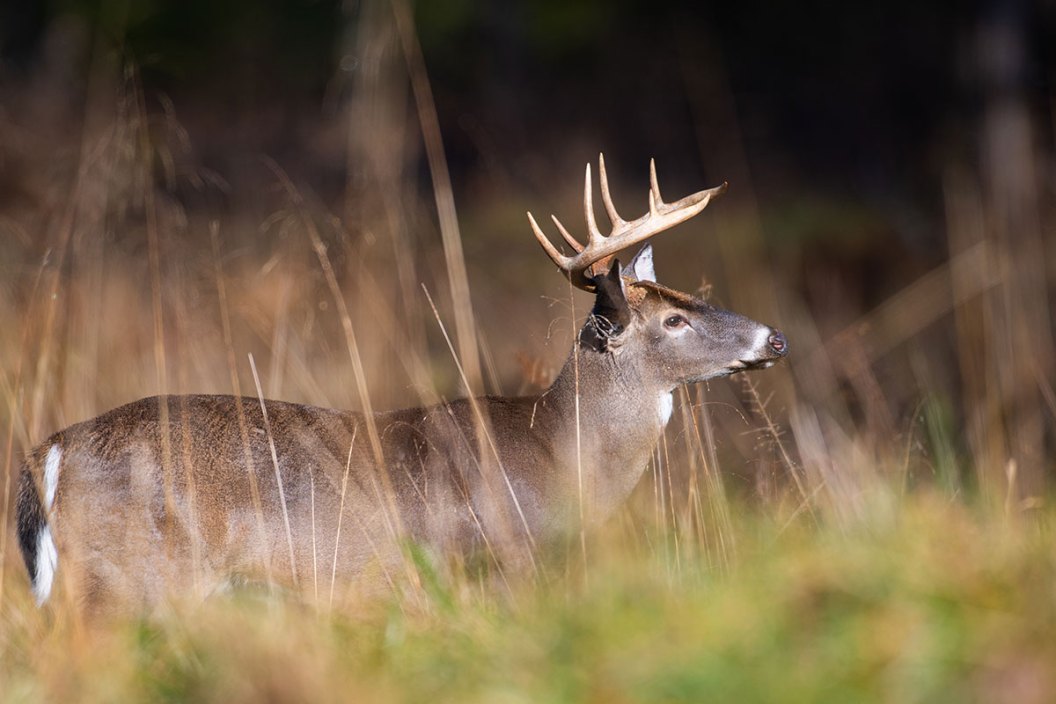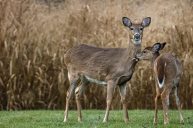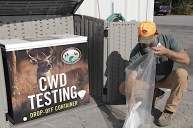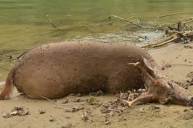The wait for CWD test results has been significantly decreased, and it could have serious implications on the fight against the disease's spread.
A crack team of experts at the University of Minnesota has successfully deployed the first-ever 24-hour field test for Chronic Wasting Disease. This could be a major benefit for deer hunters, cervid farms, and wildlife agencies across the country.
Led by Peter Larsen, PhD., the team from the Minnesota Center for Prion Research (MNPRO) tested whitetail deer last spring in a special CWD zone in southeastern Minnesota. The MNPRO team worked with the Minnesota Department of Natural Resources to analyze tissue samples from CWD-positive whitetail deer using a technique known as RT-QuIC.
The testing process managed to show confirmation of prion protein misfolding (an indicator of CWD) in just nine hours, leading Larsen and his team to apply for a provisional patent and develop an easy-to-understand version that "generates a color change of red for a positive CWD result and blue for negative."
The test was renamed "MN-QuIC" to honor the state of Minnesota. Larsen and his team attests that the new test is a lot cheaper than those using traditional equipment, and uses field-deployable equipment to provide preliminary results in just 24 hours.
"We have performed over one hundred confirmatory tests in our MNPRO lab and this was our first field-deployment. We will continue to validate MN-QuIC over the coming months and plan additional field deployments this fall," said Larsen.
While this means the month-long wait time for a typical hunter who is required to test their deer before consumption could be significantly decreased, it could also help avoid testing bottlenecks.
Currently, CWD check stations set up in certain states can become extremely busy during the most popular hunting dates. The resulting wait times and anxiousness could be aided by the strategies and processes behind the MN-QuIC test.
"This would help prevent CWD prions from entering our food supply," Larsen says, "and would be an important step forward in the fight against CWD."
Though it's still unknown if CWD can be transmitted to humans, both the Food and Drug Administration and the U.S. Department of Agriculture declared CWD-positive venison unfit for human or animal consumption in 2020.
NEXT: CWD IN DEER SEMEN FOUND FOR THE FIRST TIME
WATCH




